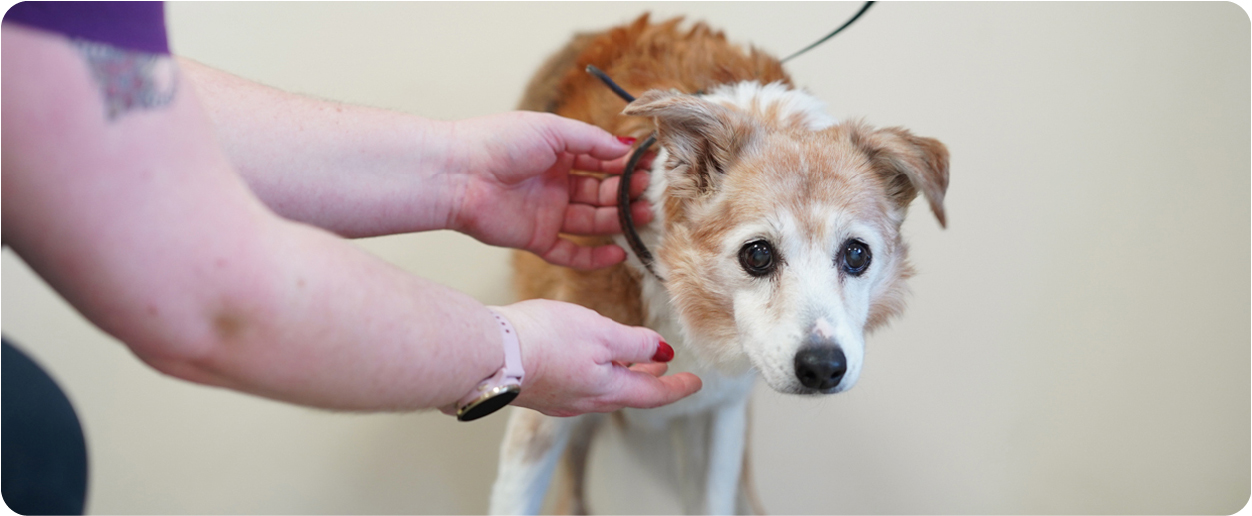To live a happy & healthy life, a pet’s needs will change during their different life stages, (particularly in older felines) and as they reach their elderly years they can start to suffer with various conditions.
The effects of ageing can be seen through physical changes as well as behavioural changes, and there are certain home care routines that can help improve your pet’s quality of life. Regular checks with your vet are important to identify early disease indicators and discuss treatments where necessary.

